With literary life force Kimmy Beach at the guest reviewer controls, we’re not only in for a treat, but we’re going to learn a lot. First, let’s meet our bookish guide:
Kimmy Beach’s fifth book, The Last Temptation of Bond (The University of Alberta Press, 2013), was chosen as one of the best five poetry books of the year on Quill & Quire’s 2013 Readers’ Poll. The book was longlisted for the 2013 Alberta Readers’ Choice Award, and was featured on CBC Radio One’s The Next Chapter with Shelagh Rogers.
Kimmy’s poetry, fiction, articles, and reviews have appeared in journals across the country and in the UK, and she has read across Canada. Her second book, Alarum Within: theatre poems, has been adapted as a full-length stage play by both the University of Toronto and the Red Deer College Theatre and Film Studies Programme. She’s working on a novella about a giant puppet, and a novel featuring 1970s romance comics and This is Tom Jones (1969-1971). Kimmy holds a First Class Honours Degree in English from the University of Alberta, and lives in Red Deer, Alberta with her husband, Stu.
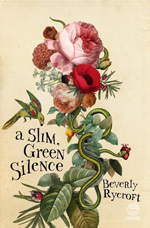
Constance (Connie) West is the narrator of Beverly Rycroft’s first novel, A Slim Green Silence. Connie has died, but she’s not yet left Scheepersdorp—her small South African town. Don’t worry; I’m not giving anything away. We know this within a few sentences as Connie herself tells us. Rycroft gives us this fairly familiar premise in which to place her narrative and its central character. Connie says, “Below this cluster of roofs are all the people I ever loved.” But A Slim Green Silence is far more than the story of an earth-bound soul peering in on her loved ones’ lives going on without her, and trying to decipher why she’s still here. It is also an allegory for a country on the verge of redefining itself.
Rycroft’s drawing of Connie is sharp and unflinching. Despite her declaration of love for the people she’s left behind, Connie makes no bones about her ambivalence when her daughter Marianne is born. She actively ignores the child, and is happy to let everyone else raise her. Everyone else includes her sister Sheila, her “uncle” Harry, and their domestic worker, Princess, who rules the place with an iron fist.
From her vantage point outside the windows of her former home, Connie’s spirit watches life carry on without her. She grows more affectionate toward those she took for granted: particularly Marianne. A boatman accompanies her, waiting to take her to the other side. The image of the boatman (or ferryman) is a common figure in narratives of this kind, in which a dead character is tied to the place he or she lived and needs to be ferried to the other side. Rycroft’s boatman, however, differs in that he himself has been wounded. Rycroft writes that he “doesn’t seem to notice the red-black stain seeping through the blue fabric on the left side of his chest.” The boatman stays by Connie’s side and gives her until half past six that evening to find what she needs to set herself free.
The idea of this time limit appeals to me, and I like that Connie (and perhaps the boatman as well) is on the clock and yet powerless to make her former friends and family move more quickly to help her discover what will release her. As the family prepares for Connie’s memorial, Rycroft gives us flashbacks to when Connie was alive. Now, she searches for meaning and for the missing puzzle piece that will set her soul free.
~
The image of an unruly, almost unbearably loud pandemonium of parrots runs through the book, humorous and lyrical at turns. The parrots roost in an ancient yellowwood tree on Connie’s property, on an untended plot of ground that is a point of contention between Connie and her neighbours. The parrots fly out of the yellowwood at 6:30am every day to strip Harry’s pecan trees bare: “immediately, the sky will cloud over and a rippling orange-green carpet of parrots will tear through the valley to drop to the plot below.”
Wild parrots are largely unfamiliar to a North American reading audience, but the image of noisy birds in organized packs is nothing we haven’t seen. On any July morning in a tree-filled suburb in Alberta, the families of baby magpies would try the patience of Saint Monica. Rycroft speaks to the universal with images like this, and reminds us that birds are birds and people are people, no matter where they are. Connie remembers her mother, who “didn’t seem to care what [we] did, so long as we did it outside.” I had an instant flash of recognition remembering my own mother’s admonition when we claimed—dramatically—that we were dying. “Die quietly,” she’d say. “And do it outside.”
These touches—and the strength of the story itself—do not alienate the reader from the South African setting. Rather, they draw us in with their reminders of our shared experience. Beverly and I connected via social media and briefly discussed my reading of her book. I point to the wide-reaching accessibility of her narrative as during our conversation, she had expressed a touch of worry that the Afrikaans and Xhosa phrases might be off-putting for a North American reader. Because there is no glossary in the book, she offered to translate the phrases for me if I stumbled on anything I didn’t understand. I told her I felt confident that because I’d read a good number of South African books, I was sure I’d be able to read the expressions in context.
As a great believer in meeting an author halfway and not wanting to have anything spoon-fed to me, I went into the book with my Afrikaans dictionary nearby. But I didn’t need it. That’s not a commentary on how many words I know; rather, it shows Rycroft’s tremendous skill in giving us a little of the language without the need for a glossary. Her sentences are seamless and incorporate other languages without the narrative losing pace or drive. Even if a reader knew not one word of Afrikaans, I don’t know a reader anywhere who would not understand this: “As they reach the back step of the stoep, the dogs inside the house start to tjank.”
~
A Slim Green Silence is set in 1994: the year of South Africa’s first democratic election following the end of apartheid. I think it’s no accident that Connie dies that year. The transformation she undergoes as she tries to understand why she cannot leave seems to parallel the great changes 1994 brought to South Africa.
Constance’s name is in itself a metaphor, I believe. The elections of 1994 brought about an end to the troubled but constant rule of apartheid. Constance’s death coincides with the death of the oppressive structures that had been holding South Africa and its peoples hostage for decades.
Connie is able to stay near her family long enough to know that they will be preserving the overgrown plot of land, including her beloved yellowwood tree. If the plot of land represents South Africa itself (as I think, on one level, it does), then she is earthbound until she knows that her loved ones and her home—her country—are safe.
As the ferryman rows her away:
For the first time, he smiles.
It’s like the sun coming out. It’s more like a flash of lightning in a midnight storm. For those few dazzling seconds, the landscape ignites and everything is clear and comprehensible: the lake, the murky sky, the last pinpricks of light from Scheepersdorp. Even the darkness crawling towards us from the nearby shore. […]
The Boatman can see all this, too. His sloe eyes are larger than the moon. They see everything. They contain everything. I want to lean forward and brush my fingertips against the skin of his hand, but already the edges are starting to dissolve.
If Connie’s plot of land represents South Africa, I like to think of the ferryman as the wounded heart of that country setting Connie and itself free at the same time.
In 1994, there will be challenges and difficulties for the family in the preservation of Connie’s plot of land, just as there will be challenges and upheaval as the edges start to dissolve in her post-apartheid country. Without being heavy-handed, Beverly Rycroft parallels Connie’s personal search for meaning and eventual freedom with the birth of a new South Africa.
A Slim Green Silence by Beverly Rycroft (Umuzi/Random House, South Africa, 2015)
My thanks to Helen Moffett for her editorial eye on this piece.
~~
See also:
Guides, Drinks and Stacks of Books: My Journey into South African Literature
By Kimmy Beach
(first published in WestWord: Magazine of the Writers’ Guild of Alberta, 35:6)
Heaven sent
Samantha Gibb is enthralled by A Slim Green Silence, Beverly Rycroft’s beautifully crafted debut
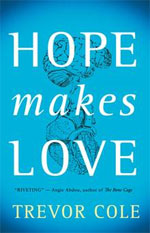

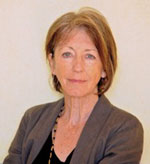
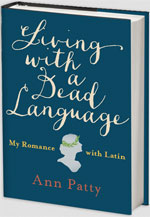
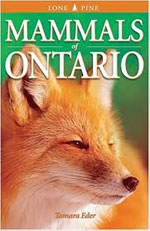
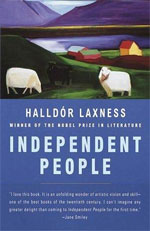
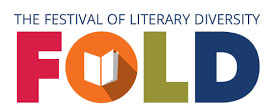
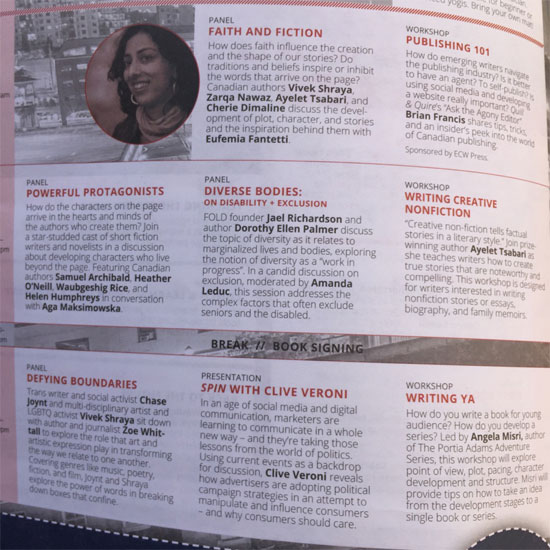
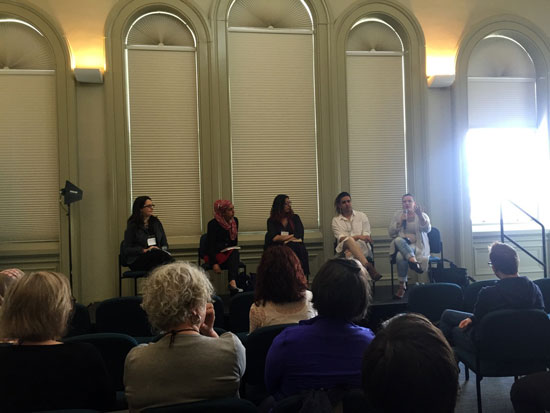
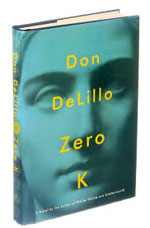
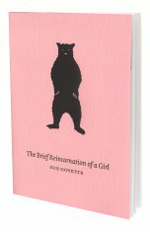

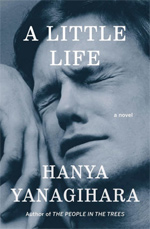 The term “fairy tale” describes circumstances or things notably blessed with great happiness and good fortune, such as a fairy tale ending or a fairy tale wedding or romance.
The term “fairy tale” describes circumstances or things notably blessed with great happiness and good fortune, such as a fairy tale ending or a fairy tale wedding or romance.